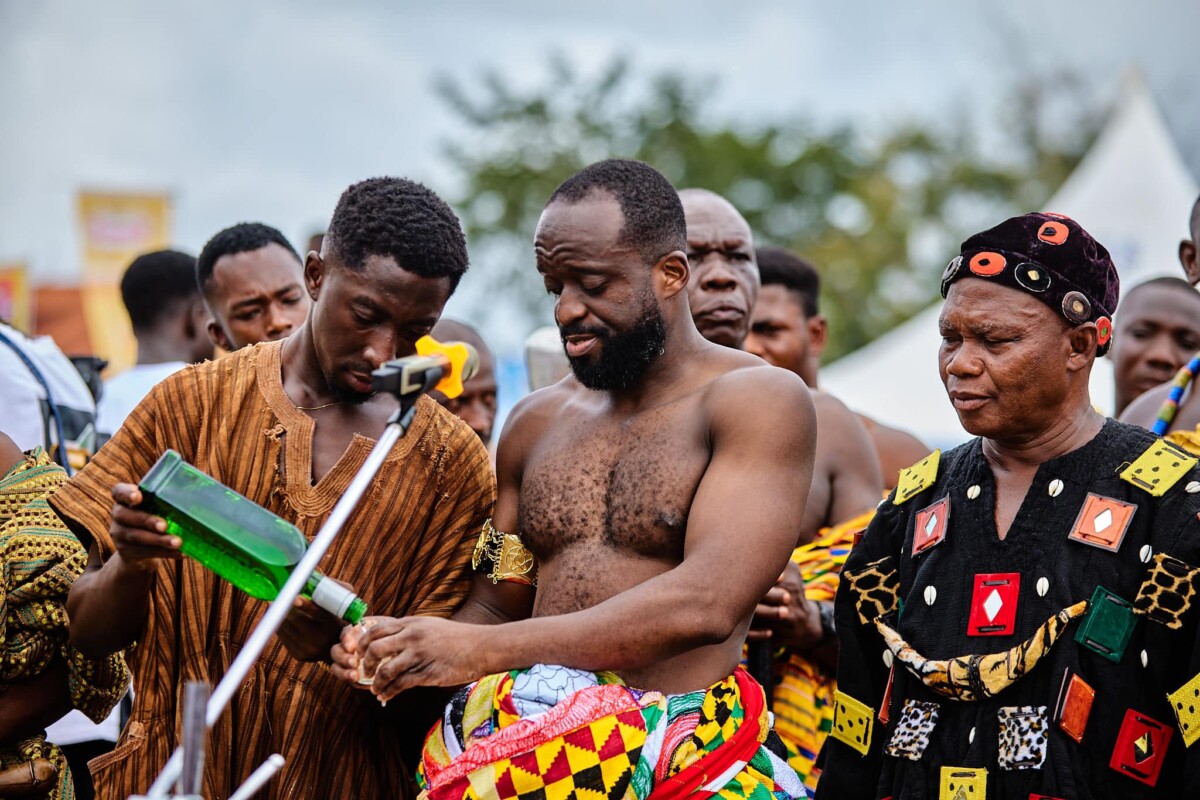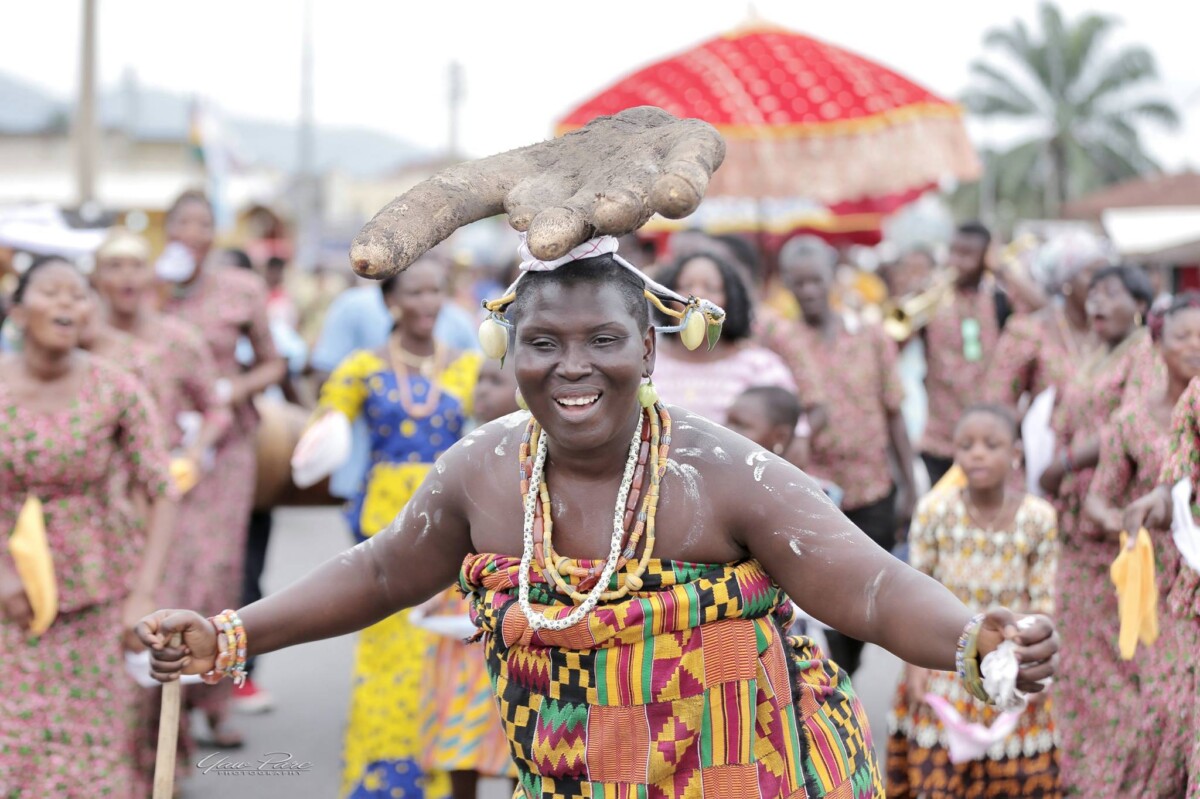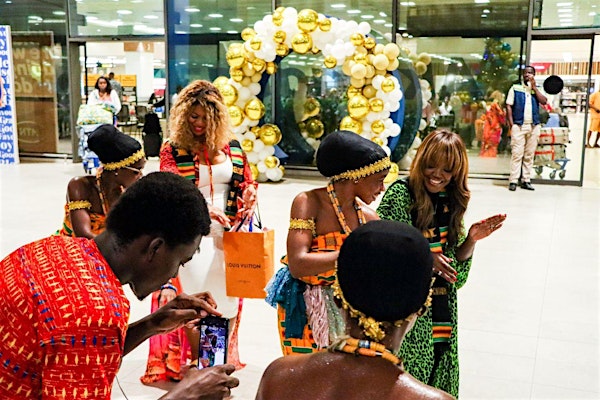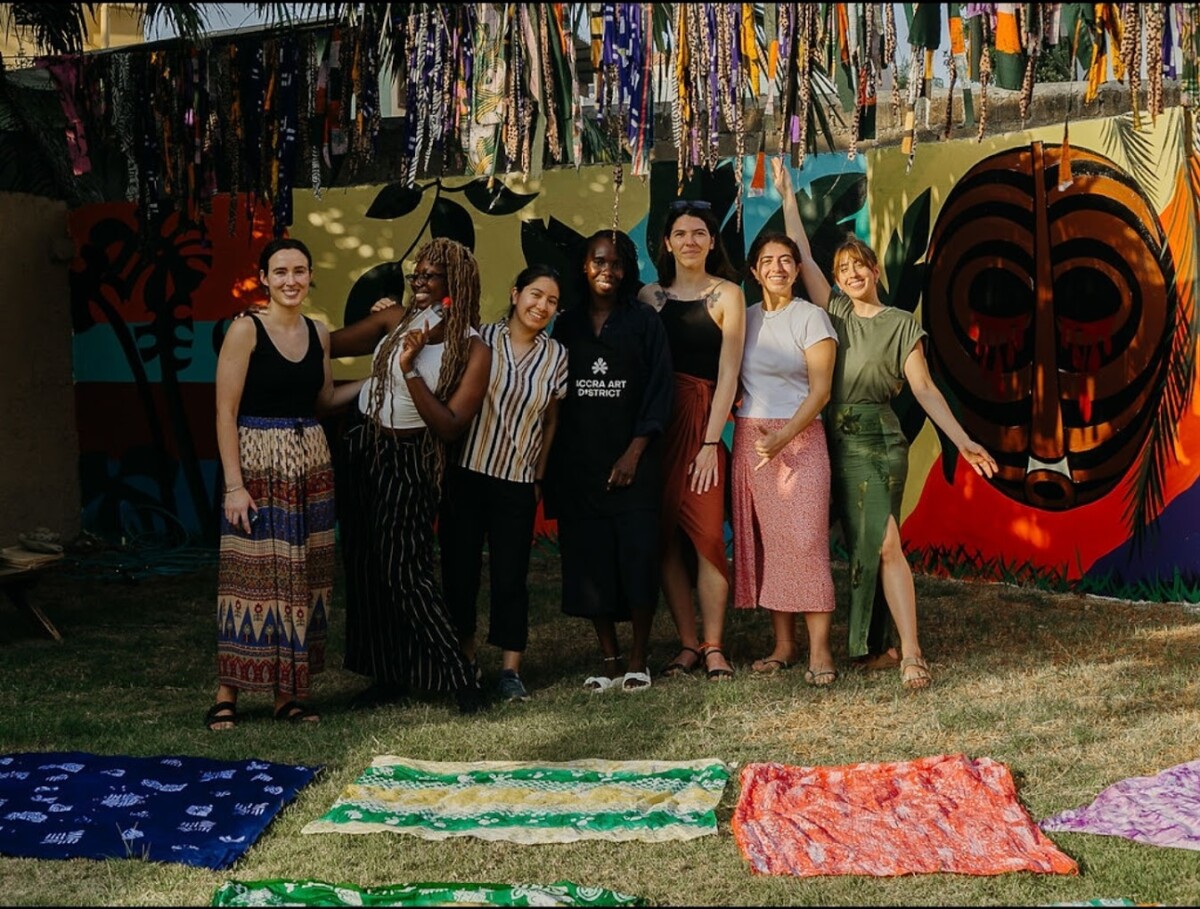One of Ghana’s most spectacular cultural celebrations, the Asogli Yam Festival, is a celebration of community spirit, tradition, and thanksgiving. The Asogli Yam Festival marks the end of the yam harvesting season among the Asogli people of the Volta Region. This annual festival is not just about food; it’s an opportunity to express our gratitude to the gods and ancestors for a bountiful harvest and preserve cultural heritage for future generations. The yam is sacred to many African cultures because it represents life, prosperity, and sustenance.
The Rich History Behind Asogli Te Za
Asogli Yam Festival has been celebrated for generations by Ewe-speaking people in Ghana’s Volta Region. This festival originated many centuries ago in Asogli, where yam cultivation played a crucial role in community sustainability.
Historically, the festival was held to thank the gods and ancestors for protecting the community during farming season. To this day, Asogli people believe that the gods and chiefs must be presented with the first fruits of the new yam harvest before anyone can eat from it.
The festival has evolved from a harvest celebration to a grand cultural event attracting visitors from across Ghana over the years. Under the reign of Togbe Afede XIV, the festival has been modernized without losing its cultural essence.
Why is the Yam Festival Celebrated?
It serves multiple important purposes in Ghanaian society to celebrate the yam festival. First and foremost, it’s a Thanksgiving ceremony to express gratitude for a fruitful harvest season. It marks the end of the yam-growing season and the beginning of the harvest season. The gods and ancestors are served with boiled and mashed yams, normally white and red-oiled, called “bakabake”, before the living taste it during harvest time in September. It is known as “Dzawuwu”. A communal meal is then served, symbolizing unity and reconciliation between families, clans, and the entire community.
The festival contributes to social order and unity in addition to agriculture. It serves as a time for resolving conflicts between families or individuals through traditional mediation. In this way, the festival contributes to community harmony and peace

.
What Activities Happen During the Asogli Yam Festival?
The Asogli Te Za Festival extends over several days, with unique activities taking place each day.
Yam Rituals and Thanksgiving
The festival is highlighted by the presentation of yams to the gods and ancestors. Elders and chiefs participate in sacred rituals, offering the first yams in gratitude. It is forbidden to eat the new yams of the season until this ceremony is completed.
Traditional Music and Dance
Visitors to the festival can enjoy spectacular displays of traditional dance, music, and art. Along with other cultural performances, the “Borborbor” dance, originating from the Volta Region, takes centre stage. Artists show off their work and traditional craftspeople demonstrate their beadwork, weaving, and pottery skills.
Opening Ceremonies and Rituals
There is a ban on drumming and noise-making during the festival, allowing for spiritual preparation. Traditional rituals are performed by the chiefs and priests, including offering the first yam to the gods. New yams may only be consumed after this sacred ceremony has been completed.
Grand Durbar of Chiefs
The gathering of chiefs in full traditional regalia is one of the most anticipated moments of the year. Ewe culture demonstrates a deep respect for leadership through sitting in the state while subjects and visitors pay homage.
Cultural Performances and Storytelling
Ewe history and traditions are preserved through the festival. Elders tell stories of migration, ancestry, and yam significance. Also, the festival plays a role in cultural preservation. Younger generations need to understand their heritage, traditional practices, and the importance of maintaining their cultural identity in an increasingly globalized world through various activities and rituals.
Significance of the Asogli Te Za Festival
This festival, also called Asogli Te Za, doesn’t just involve eating yams. It represents:
- Cultural Preservation: Traditions can be passed down from generation to generation.
- Spirituality: The practice of honouring deities and seeking blessings in the future.
- Economic Growth: Promoting local businesses and tourism in the Volta region.
- Community Development: Increasing unity among the Asogli.
Yam Festival 2025: What to Expect?
You can expect an unforgettable cultural experience at the Asogli Yam Festival in 2025. It usually takes place in September, so mark your calendar. The Asogli people will continue to showcase their rich culture through cultural displays, royal processions, and community engagement.
The Akwaaba app assists visitors in navigating Ghana’s festivals, including the Asogli Yam Festival. This app ensures that you don’t miss a single part of your experience, whether you’re looking for event schedules, local guides, or historical insights.
Conclusion
The Asogli Yam Festival is more than just a cultural event; it is a time of gratitude, history, and community spirit. From its historical roots in the Ewe migration to the modern-day celebrations in Ho, this festival stands as a beacon of unity and tradition.
Asogli Yam Festival provides a unique opportunity to experience Ghanaian culture at its finest. Check out the Akwaaba app, plan your trip, and witness this grand celebration!
Frequently Asked Questions (FAQs):
What are the traditions associated with Ghana’s yam festival?
Traditional music, dance, storytelling, and a parade with people wearing traditional clothing are all part of the festival. Fresh yams are sprinkled at shrines across the state after cooked mashed yams have been offered to the gods.
What is the festival of the yams?
Asogli State, Volta Region of Ghana celebrates the Yam Festival, also known as Te Za in the local Ewe dialect. Each year, the festival is presided over by King Togbe Afede XIV, the paramount chief and president of the National House of Chiefs.
How does yam relate to spirituality?
Yam symbolizes good luck and prosperity, inner strength, good health, and well-being. In the reflective meaning, you’re thinking about and acting in relation to people you care about or feel close to maybe there’s someone in particular you want to prove to or better yourself.
In which country is the Yam Festival celebrated?
Yam Festival is celebrated in Ghana by the Ewe people of Asogli State, particularly in the Volta Region. The yam festival is also celebrated in other West African communities.
How can tourists experience the Asogli Yam Festival?
During the festival, tourists can visit Ho, the capital of the Volta Region, where the celebrations take place. With Akwaaba, visitors can stay on top of event schedules, access travel guides, and gain cultural insights.






